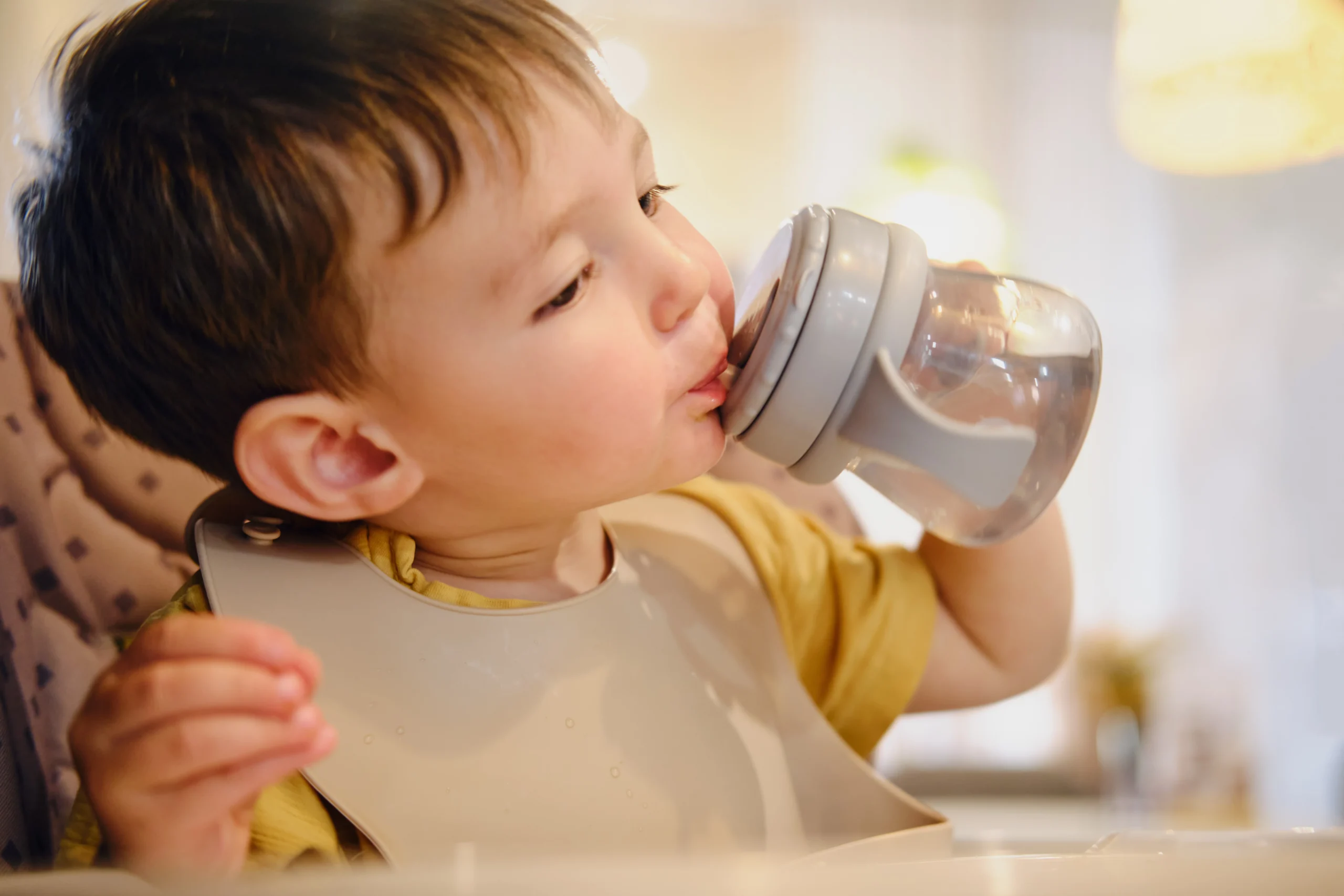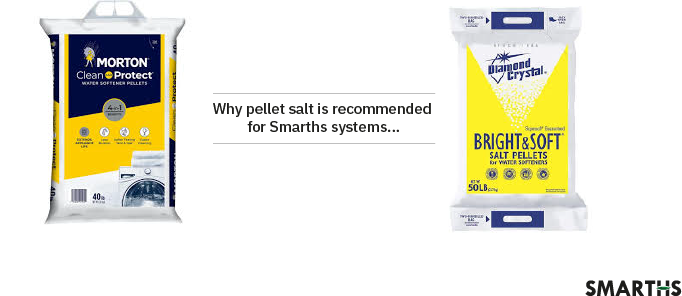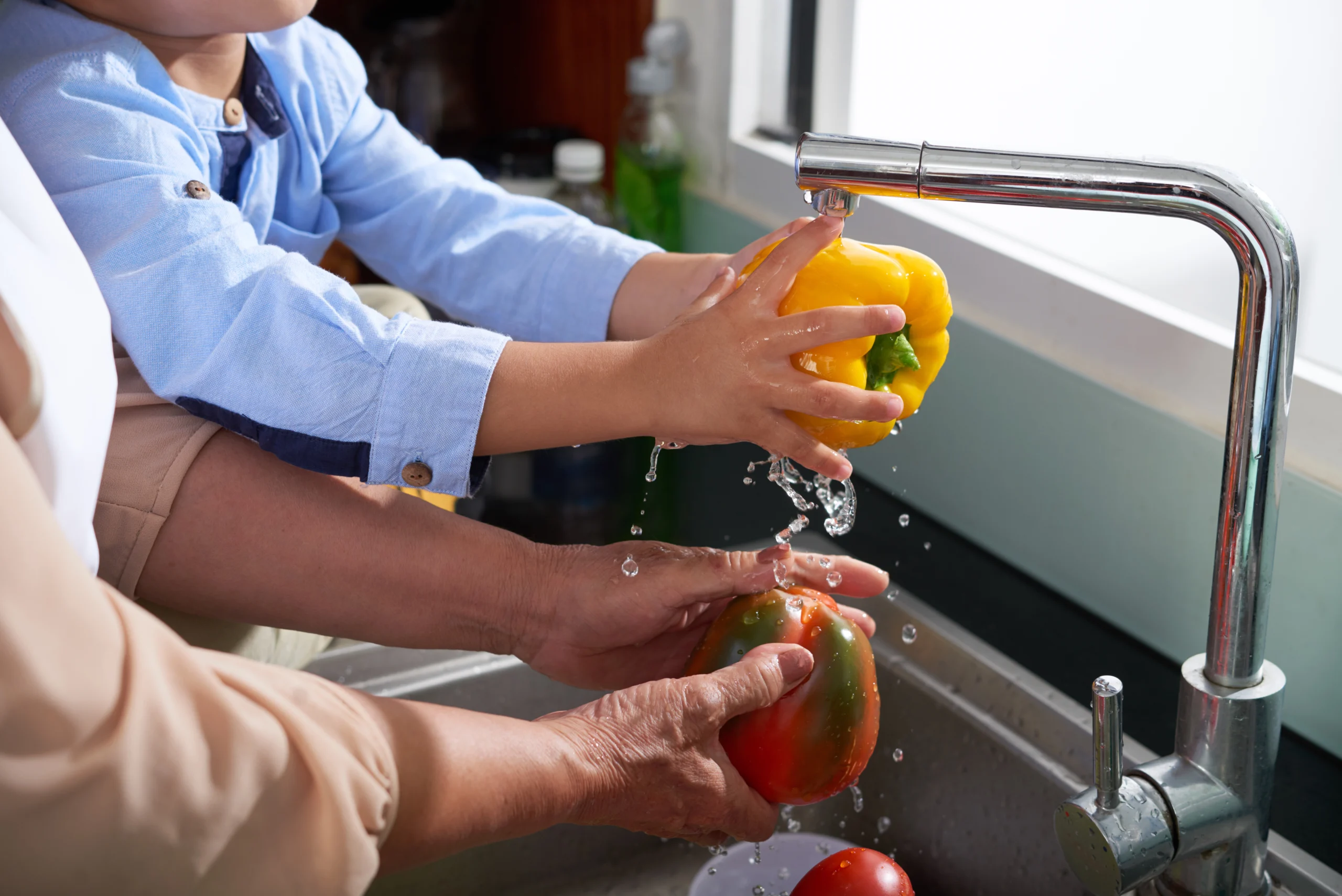Is Tap Water Safe to Drink? Here’s What You Need to Know
Tap water is one of the most common sources of drinking water in the United States—but is it actually safe to drink straight from the faucet? The answer isn’t as simple as “yes” or “no.” While municipal water is treated to meet basic safety standards, the quality of tap water can vary significantly depending on your location, your plumbing system, and even environmental conditions. In this article, we’ll break down what’s really in your tap water, potential risks, and how to ensure you and your family are drinking the cleanest, healthiest water possible.
What’s in Tap Water?
Tap water in the U.S. comes from surface sources (like lakes and rivers) or underground aquifers. Before reaching your faucet, it typically undergoes a treatment process to remove contaminants. However, even after this process, tap water may still contain:
- Chlorine and chloramines (used to disinfect)
- Fluoride (added for dental health)
- Heavy metals like lead, copper, or mercury (especially in older homes)
- Microorganisms (bacteria, viruses, parasites)
- Pesticides and herbicides from agricultural runoff
- PFAS and other industrial chemicals (often called “forever chemicals”)
While these substances are usually present in low quantities, their long-term exposure can raise health concerns, especially for vulnerable populations like children, pregnant women, or people with weakened immune systems.
Why Tap Water Quality Varies So Much
Even if your city reports “safe” water levels, several factors can affect the quality by the time it reaches your glass:
- Aging plumbing: Older homes may still have lead pipes or corroded plumbing that leaches metals into the water.
- Local infrastructure: Some cities invest more in water purification than others.
- Contamination events: Storms, industrial accidents, or agricultural runoff can introduce toxins into local water supplies.
- Distance from treatment plant: The longer water travels through pipes, the more opportunity it has to pick up contaminants.
How to Check the Safety of Your Tap Water
You don’t have to guess. Here are some easy ways to check your water quality:
- Review your annual water quality report: Utilities are required to publish Consumer Confidence Reports (CCR) every year.
- Use at-home water testing kits: These can detect pH, hardness, chlorine, lead, nitrates, and more.
- Check for signs: Does your water smell like chlorine? Leave white residue? Taste metallic? These are red flags.
- Request a professional water test: At Smarths, we offer free consultations and on-site water testing to help you understand exactly what’s in your water.
Is Bottled Water Safer?
Many people turn to bottled water as a “safe” alternative. But bottled water isn’t necessarily safer—it’s often just filtered tap water sold at a premium. It can also:
- Be stored in plastic that leaches chemicals
- Contain microplastics
- Contribute to environmental waste
- Be less regulated than municipal water in some states
A better long-term solution is to invest in a home water purification system that gives you clean, safe water on demand—without the waste or cost of bottled water.

How Smarths Can Help: Whole-Home + Drinking Water Solutions
If you’re concerned about the quality of your tap water, Smarths offers powerful, long-lasting solutions:
For the whole house:
- Our TR-1 and WR-1 systems treat all water entering your home, removing chlorine, sediment, minerals, and odors, while softening your water to protect your pipes and skin.
For drinking water:
- Our RO-1 Reverse Osmosis System filters water right under your sink, removing up to 99% of contaminants including lead, fluoride, chlorine, bacteria, and heavy metals.
- It also adds healthy alkaline minerals, giving your family clean, crisp water every day—ideal for cooking, coffee, baby bottles, and hydration.
Conclusion: Don’t Take Chances With Tap Water
Tap water may be “legal,” but that doesn’t always mean it’s safe or healthy—especially long-term. Between aging pipes, chemical additives, and environmental contamination, there are too many variables to ignore.
Instead of guessing, take control of your water quality. At Smarths, we make it easy with trusted filtration systems, expert guidance, and professional installation throughout Houston and surrounding areas.
Ready to protect your health and home? Contact Smarths today for a free water test and consultation.




